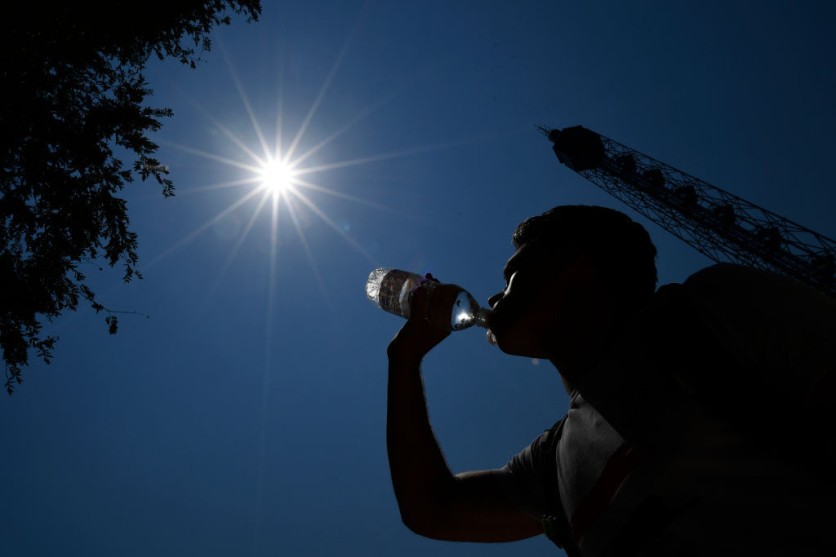In the wake of Earth surpassing the critical 1.5 degrees Celsius climate threshold in June, breaking heat records, scientists are sounding the alarm on the consequences. A recent research endeavor delved into the repercussions of rising global temperatures on human health.

Delving Into the Repercussions of Rising Global Temperatures on Humans
The study underscored that if global temperatures increase by just 1 degree Celsius beyond current levels, an alarming number of individuals, numbering in billions, will grapple with annual bouts of extreme heat and humidity, rendering it exceptionally challenging for them to naturally regulate their body temperatures.
Additionally, the research examined the consequences of heat surpassing the limits of human tolerance, potentially giving rise to heat-related health issues, including heatstroke and heart attacks, affecting billions of people.
A collaborative effort by scientists from Penn State College of Health and Human Development, Purdue University College of Sciences, and Purdue Institute for a Sustainable Future delved into the effects of rising global temperatures on human health.
According to EurekAlert!, exceeding the 1.5 degrees Celsius increase above preindustrial levels would have increasingly devastating consequences for human well-being worldwide.
The onset of the Industrial Revolution brought about significant changes in human society, marked by the widespread use of machinery and the establishment of fossil fuel-burning factories. This transformation led to a nearly 1-degree Celsius global temperature increase.
Read Also : Amid Climate Change Crisis, Some Plants Found to Worsen Air Pollution on a Warming Planet
Emphasizing the Importance of Interdisciplinary Collaboration
Professor W. Larry Kenney, one of the co-authors of the study and the Marie Underhill Noll Chair in Human Performance at Penn State, emphasized the importance of interdisciplinary collaboration in comprehending the multifaceted impact of climate change on human health.
He stressed that expertise in both climate science and human physiology is essential to fully grasp the complex ways in which the environment affects human lives and to develop effective solutions. Kenney highlighted that addressing these interconnected challenges requires collaboration between scientists from diverse fields.
Interesting Engineering reported that it's noteworthy that individual tolerance levels to temperature and humidity can vary significantly, influenced by factors like physical activity and environmental conditions such as wind speed and solar radiation.
Affecting Residents in the Middle East and Southeast Asia
The study highlights that instances of temperatures and humidity surpassing human tolerance have been historically rare, occurring only sporadically and for brief durations.
These extreme conditions were predominantly observed in regions within the Middle East and Southeast Asia. According to Science Daily, a substantial population would be affected if global temperatures were to increase by 2 degrees Celsius beyond preindustrial levels.
Approximately 2.2 billion people residing in Pakistan and India's Indus River Valley, one billion individuals in eastern China, and another 800 million residents in sub-Saharan Africa will annually experience prolonged periods of heat that exceed the limits of human endurance.
In these regions, the heat waves would be characterized by high humidity levels, which pose a more severe threat because the saturated air cannot efficiently absorb additional moisture.
This limitation hampers the body's natural cooling mechanism through sweat evaporation and affects water-related infrastructure, such as evaporative coolers, leading to increased challenges in managing extreme heat.
Related Article : MIT Takes Strides Towards Greener AI: Addressing the Environmental Impact of Energy-Intensive Models

![Apple Watch Series 10 [GPS 42mm]](https://d.techtimes.com/en/full/453899/apple-watch-series-10-gps-42mm.jpg?w=184&h=103&f=9fb3c2ea2db928c663d1d2eadbcb3e52)



